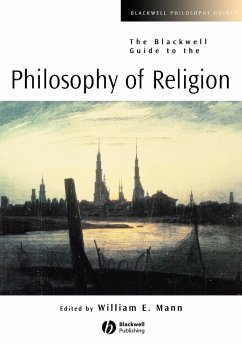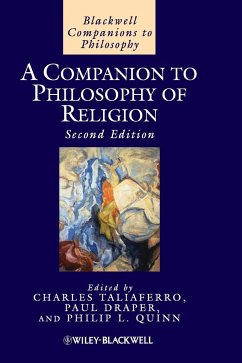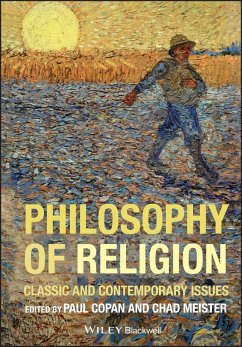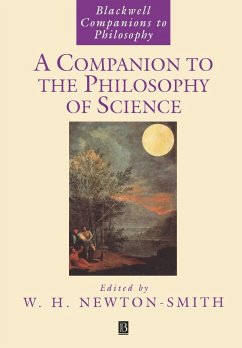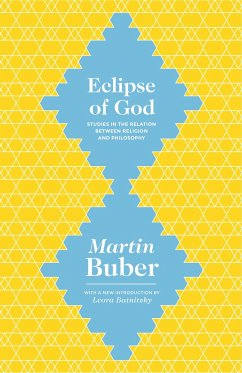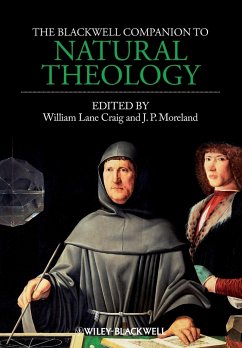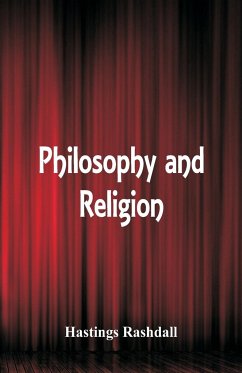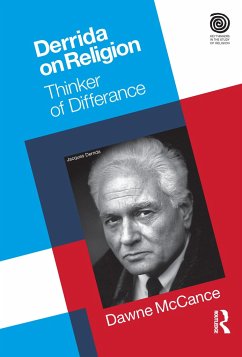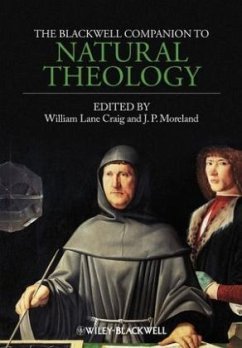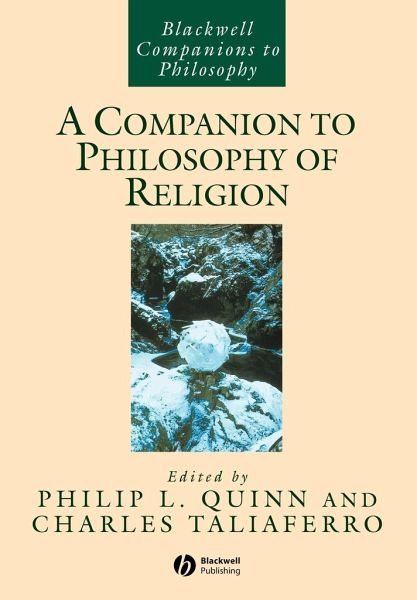
PL Quinn
Broschiertes Buch
A Companion to Philosophy of Religion
Versandkostenfrei!
Versandfertig in über 4 Wochen

PAYBACK Punkte
31 °P sammeln!





The definitive guide to the philosophy of religion.
Written by the leading figures in the field.
Over 75 newly-commissioned articles.
Extensive cross-reference.
Written by the leading figures in the field.
Over 75 newly-commissioned articles.
Extensive cross-reference.
In over 78 newly-commissioned essays, this outstanding volumeprovides a comprehensive and authoritative guide to the philosophyof religion.
Written by many of today s leading figures, the volume surveysphilosophical issues in the religions of the world, philosophicalthought about religion in Western history, and important currentsin twentieth-century philosophy of religion.
Written by many of today s leading figures, the volume surveysphilosophical issues in the religions of the world, philosophicalthought about religion in Western history, and important currentsin twentieth-century philosophy of religion.
Philip L. Quinn is John A. O'Brien Professor of Philosophy at the University of Notre Dame, Indiana, and was previously William Herbert Perry Faunce Professor of Philosophy at Brown University, Rhode Island. He is author of Divine Commands and Moral Requirements (1978), and of numerous articles in philosophy of religion, philosophy of science, theoretical physics, religious ethics, metaphysics, epistemology, value theory, political philosophy, and philosophy and literature. He has served as editor of the journal Faith and Philosophy (1990-5); as President of the Central Division of the American Philosophical Association (1994-5); and as Chair of the National Board of Officers of the American Philosophical Association (1995-9). Charles Taliaferro is Associate Professor of Philosophy at St Olaf College, Minnesota. He was Visiting Scholar at Oriel College, Oxford, and has taught at Brown University, the University of Massachusetts, and the University of Notre Dame, Indiana. He is the author of Consciousness and the Mind of God (1994) and Contemporary Philosophy of Religion (Blackwell Publishers, 1997), and numerous papers in philosophy of religion, metaphysics, and ethics.
Produktdetails
- Blackwell Companions to Philosophy
- Verlag: Blackwell Publishers
- 1999.
- Seitenzahl: 656
- Erscheinungstermin: 2. April 1999
- Englisch
- Abmessung: 244mm x 170mm x 35mm
- Gewicht: 1120g
- ISBN-13: 9780631213284
- ISBN-10: 0631213287
- Artikelnr.: 13586238
Herstellerkennzeichnung
Libri GmbH
Europaallee 1
36244 Bad Hersfeld
gpsr@libri.de
"I must congratulate the editors on the volume. It is verycomprehensive - bringing in the different religious traditions ofthe world and their philosophies, the history of the philosophy ofreligion, and some of its most modern developments. I think it hasgot the balance of its articles exactly right, focusing on themodern detailed analytic work, but not neglecting the widerperspective. It is very readable, and the various articles willserve as useful introductions to topics for students; it is a veryvaluable resource." Professor Swinburne, Oriel College,University of Oxford
"A superb collection! The topics are just right:from the religions of the world and currents in recent philosophyof religion to the theistic conception of God
"A superb collection! The topics are just right:from the religions of the world and currents in recent philosophyof religion to the theistic conception of God
Mehr anzeigen
and the justificationof theistic belief. The writing is authoritative, but also livelyand stimulating. The book will be a valuable reference resource foryears to come." Robert L. Arrington, Georgia StateUniversity
"Blackwell s Companions to Philosophy have alreadyestablished themselves as up-to-date and reliable guides to thecentral fields within the discipline. This present volume which,offers a remarkably wide-ranging survey of philosophy of religionand philosophical theology in crisp and manageable essays byacknowledged authorities, is no exception." The Tablet
"Philip L. Quinn and Charles Taliaferro are to be commended forputting together an excellent resource in philosophy of religion.This is indeed a companion , for here one finds wise guides to thestudy of key issues in the philosophy of religion. This is a volumeto refer to again and again. Essay after essay provides food forthought and additions to one s reading list." Paul Reasoner,Bethel Collage
"Another fine addition to the Blackwell Companions of Philosophyseries has been published. I consider it a gold mine!" TheReview of Metaphysics
"Blackwell s Companions to Philosophy have alreadyestablished themselves as up-to-date and reliable guides to thecentral fields within the discipline. This present volume which,offers a remarkably wide-ranging survey of philosophy of religionand philosophical theology in crisp and manageable essays byacknowledged authorities, is no exception." The Tablet
"Philip L. Quinn and Charles Taliaferro are to be commended forputting together an excellent resource in philosophy of religion.This is indeed a companion , for here one finds wise guides to thestudy of key issues in the philosophy of religion. This is a volumeto refer to again and again. Essay after essay provides food forthought and additions to one s reading list." Paul Reasoner,Bethel Collage
"Another fine addition to the Blackwell Companions of Philosophyseries has been published. I consider it a gold mine!" TheReview of Metaphysics
Schließen
Für dieses Produkt wurde noch keine Bewertung abgegeben. Wir würden uns sehr freuen, wenn du die erste Bewertung schreibst!
Eine Bewertung schreiben
Eine Bewertung schreiben
Andere Kunden interessierten sich für


